Click play to listen to a deep dive podcast – like overview of this story. This summary is AI generated, and some elements may be not be accurate.–>
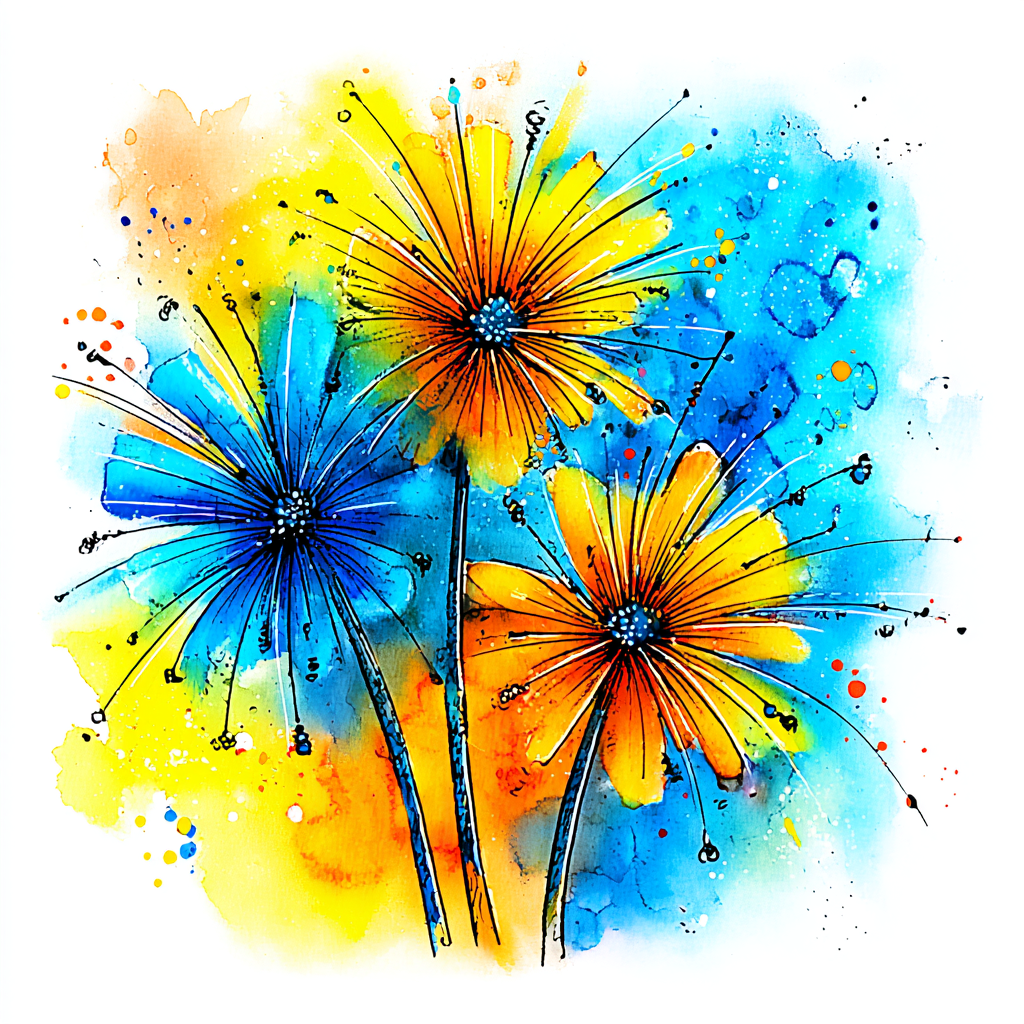
A diagnosis on the eve of the Fourth of July. Later, from my hospital bed, I’d joke that I got to see double the fireworks that night. But in that moment, as the reality set in, my husband and I just held each other and cried. It was the unexpected start to a journey I never anticipated, illuminating a new path forward.
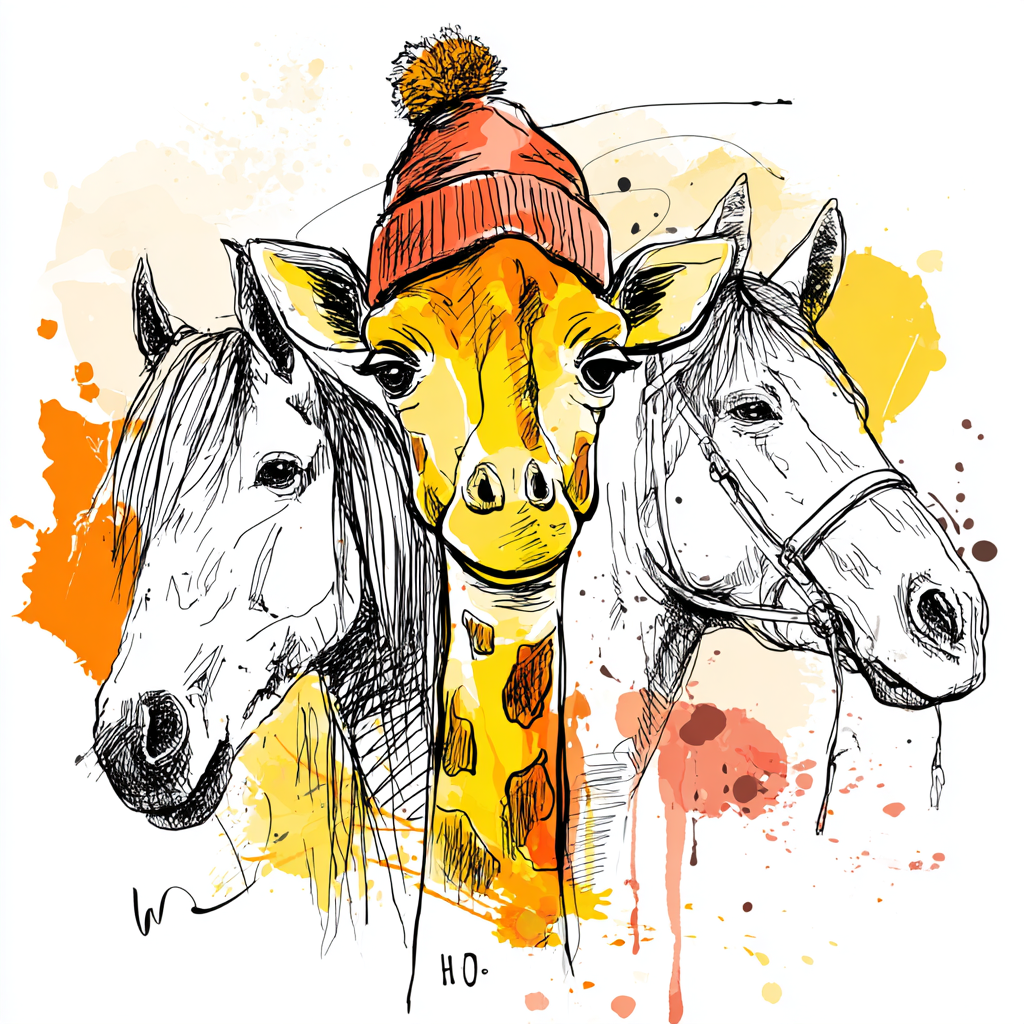
Seeing Giraffes in a Field of Horses
I was the quintessential “pleasure to have in class.” I played the role perfectly, learning to connect through stories, just like my dad. But that very effort to be “good” became my best disguise—a way to hide the things I didn’t know how to articulate.
The truth hid in the silent moments: The family rule of “No more stories, Dad,” set after a too-revealing card game; the agony of spending four times longer on homework than my brother; the teacher who docked my grade because I “wasn’t reading.” I was struggling, but I was so adept at being the “good kid” that no one—not even me—looked deeper.
My request is simple: Don’t miss the subtle signs. My story is a reminder that we must look beyond the easy-to-identify “horses” and be vigilant for the “zebras” and the quietly towering “giraffes.” Listen to your children, listen to your loved ones, and most importantly, listen to your body.
Don’t ignore the discomfort. The struggle you’re hiding, or the pain you’re dismissing, won’t address itself. We are meant to be social creatures; let’s slow down and see each other.
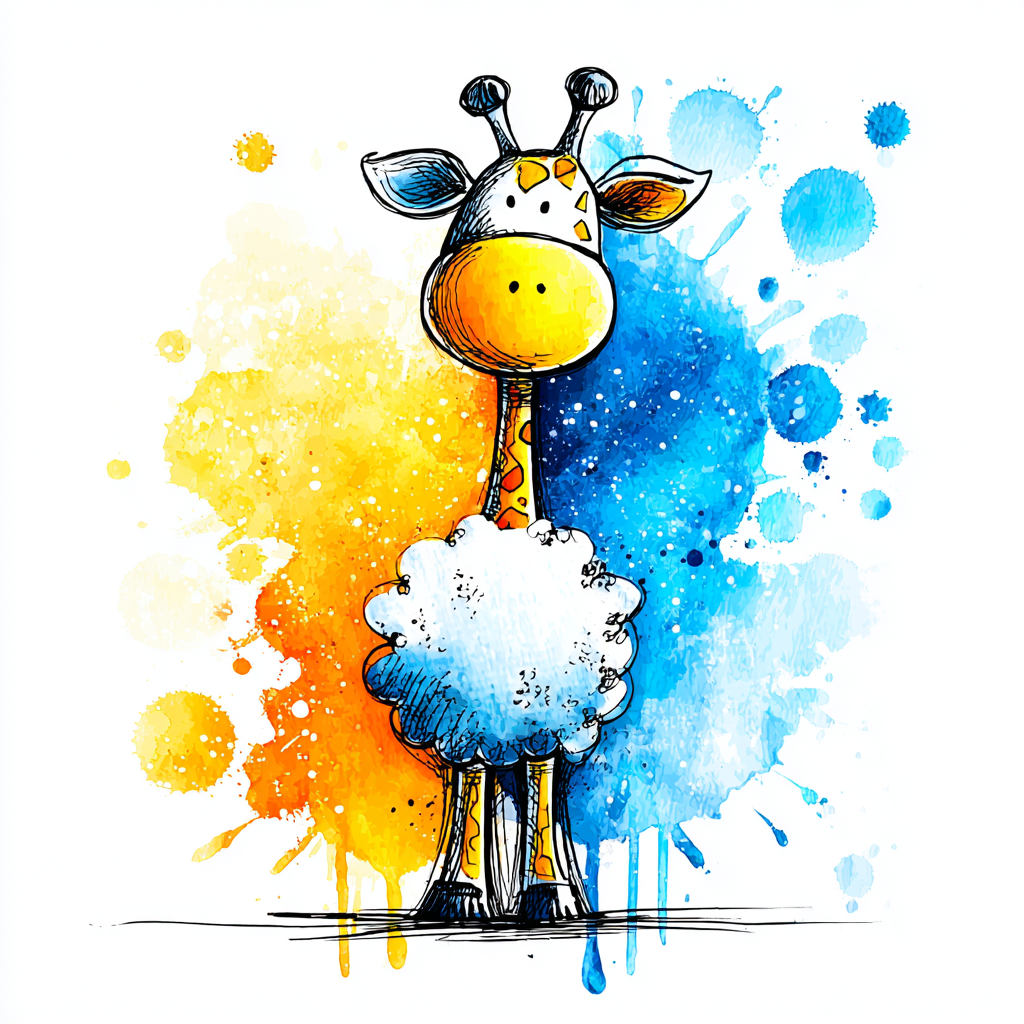
I’m Not a Giraffe, You’re a Giraffe
Being a giraffe is invalidating. It’s expensive. It’s also dangerous. I see the world so much differently now that I’ve accepted my giraffe-ness. Sidewalks look different; the cracks I used to play on as a kid now pose a literal threat. My wheelchair can get stuck in drains, tipping forward, reminding me how quickly balance can be lost.
Navigating living with MS feels like my house is on fire, so I call 911. When the fire department shows up, it’s not with the tools I would expect. Instead, they have the truck deconstructed in a bunch of boxes with Chinese assembly instructions. They hand it all to me, wish me luck, and remind me ‘we only have 15 minutes.’
But being a giraffe is also enlightening. I pay better attention now. I notice every automatic door opener (and how few there are). I see how parking lots are organized, not just for convenience, but for accessibility. My hope is that we can try at least to care and listen to what others tell us about their needs. We all deserve some grace. Because possibly, the person who needs your kindness the most, is actually yourself. You’re fighting a battle. It might not look pretty, but you’ve won every day so far.
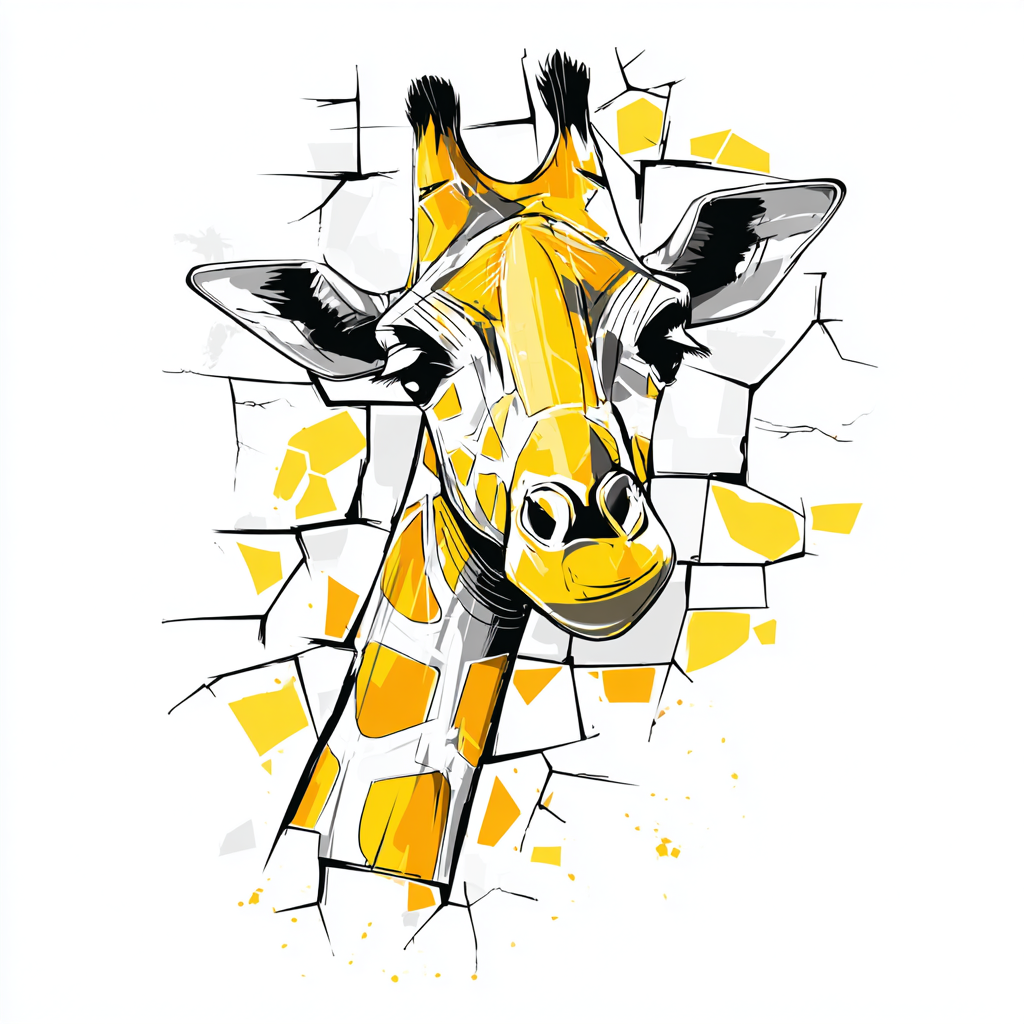
For years, my body whispered strange secrets – fleeting pains, odd difficulties that baffled doctors as quickly as they vanished. I learned to live with the unpredictable, like a ‘giraffe’ navigating a world expecting horses or zebras. Then, the diagnosis came: Multiple Sclerosis. My life, and my perception of it, fundamentally shifted.
In the bewildering days following my diagnosis, my family surrounded me with love and gifts. One particular memory stands out: a small yellow giraffe, a gift from my sister. This wasn’t just any toy; it mirrored a quiet understanding between my mom and me, a symbol of my unique way of being in the world.
Then, it broke. Not once, but twice. Dropped to the hospital floor, fracturing into pieces. A small tragedy in the grand scheme of things, yet it held profound meaning. My husband, ever the ‘fixer,’ promised to glue ‘me’ back together.
And he did. The giraffe now bears a faint, almost invisible crack, a subtle reminder. Just like me. Those closest to me see the struggles, the invisible battles. But from a distance? Maybe I just look like a little yellow giraffe perched innocently on a mantle, my secrets and stories safely hidden within. This is the truth of the cracks we carry, and the strength we find in our broken pieces.
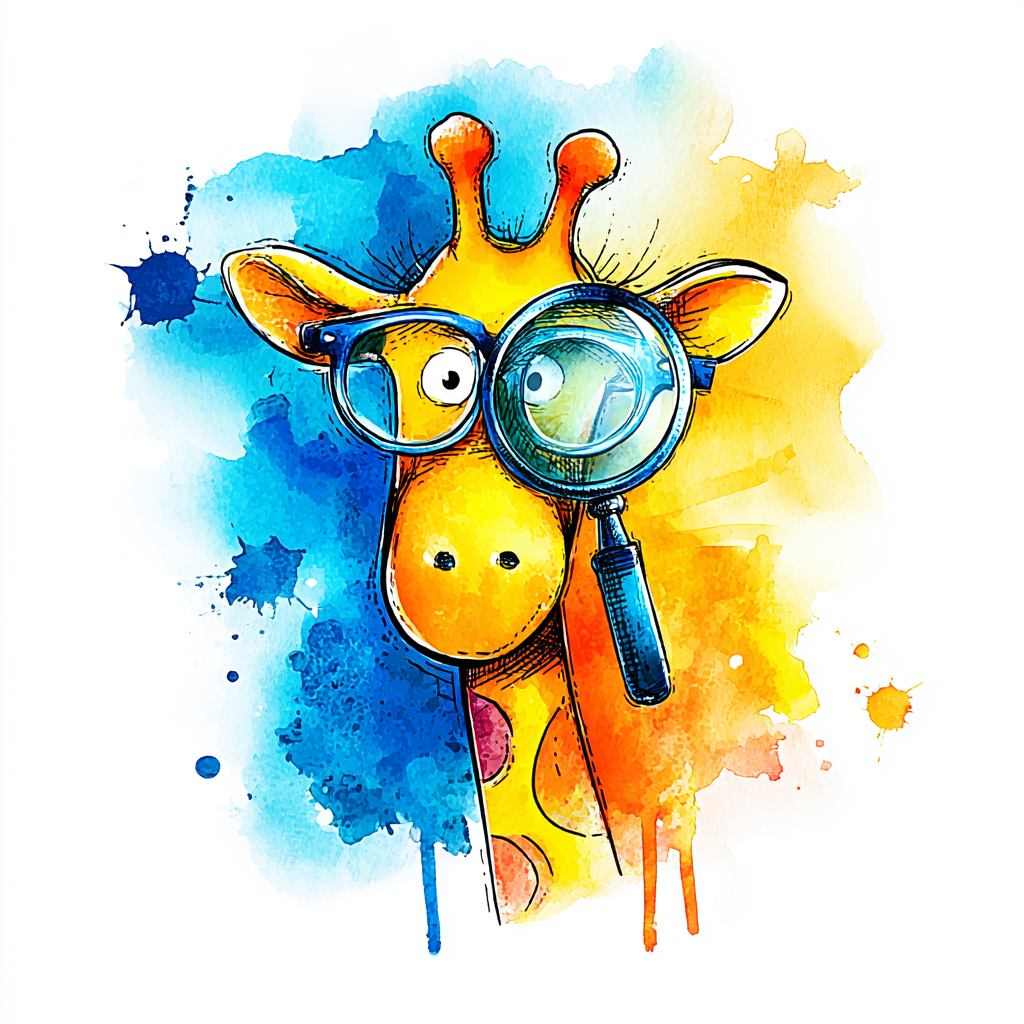
In a world where everyone tries to fit in, some of us can’t help but stand out. From the unique name to the collage of colors in my hair, I was always easy to find on the “Guess Who” board. But as my life with MS has unfolded, my uniqueness has taken on new layers, from the cane I use to the strange medical symptoms that leave even specialists shrugging. It’s an exhausting, and sometimes painful, kind of unique. Yet, I’m learning that my “weirdness” is also my superpower—not in spite of my struggles, but because of them. My experiences have taught me to see the world differently and to find the jewels hidden in the ash, helping me to connect with others who feel just as complicated and misunderstood as I do.
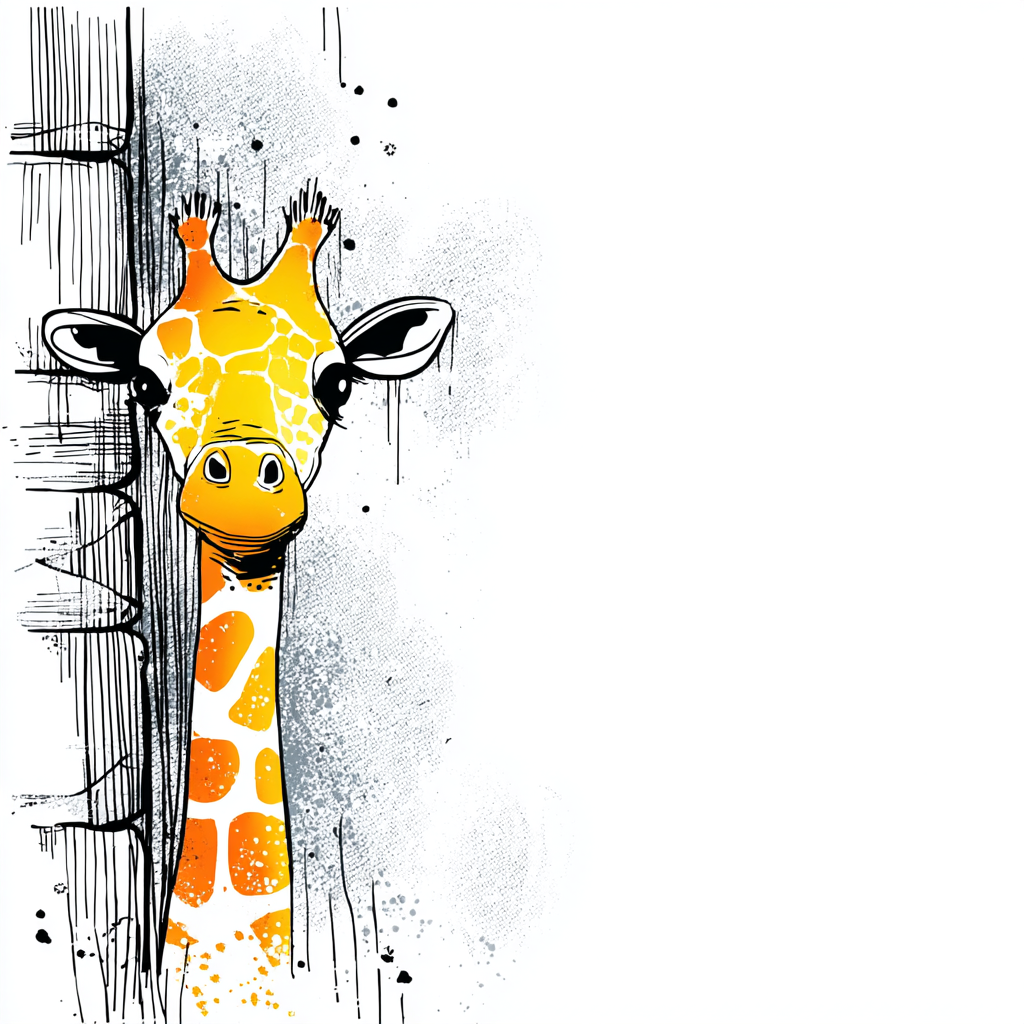
What if not knowing the answer isn’t a weakness, but a superpower? As kids, we’re born with an insatiable curiosity—a drive to explore a world that feels limitless. But as we grow, that spark often fades, replaced by the fear of judgment and the pressure to have all the answers.
Join me on a journey to reclaim that lost sense of wonder. In this blog, I explore how curiosity can transform from a source of anxiety into a wellspring of connection and profound personal growth. Through stories of discovering silly laws, embracing vulnerability in my work as a counselor, and navigating life with an MS diagnosis, I’ll share how learning to ask “what if?” has made my world bigger, richer, and more full of life.
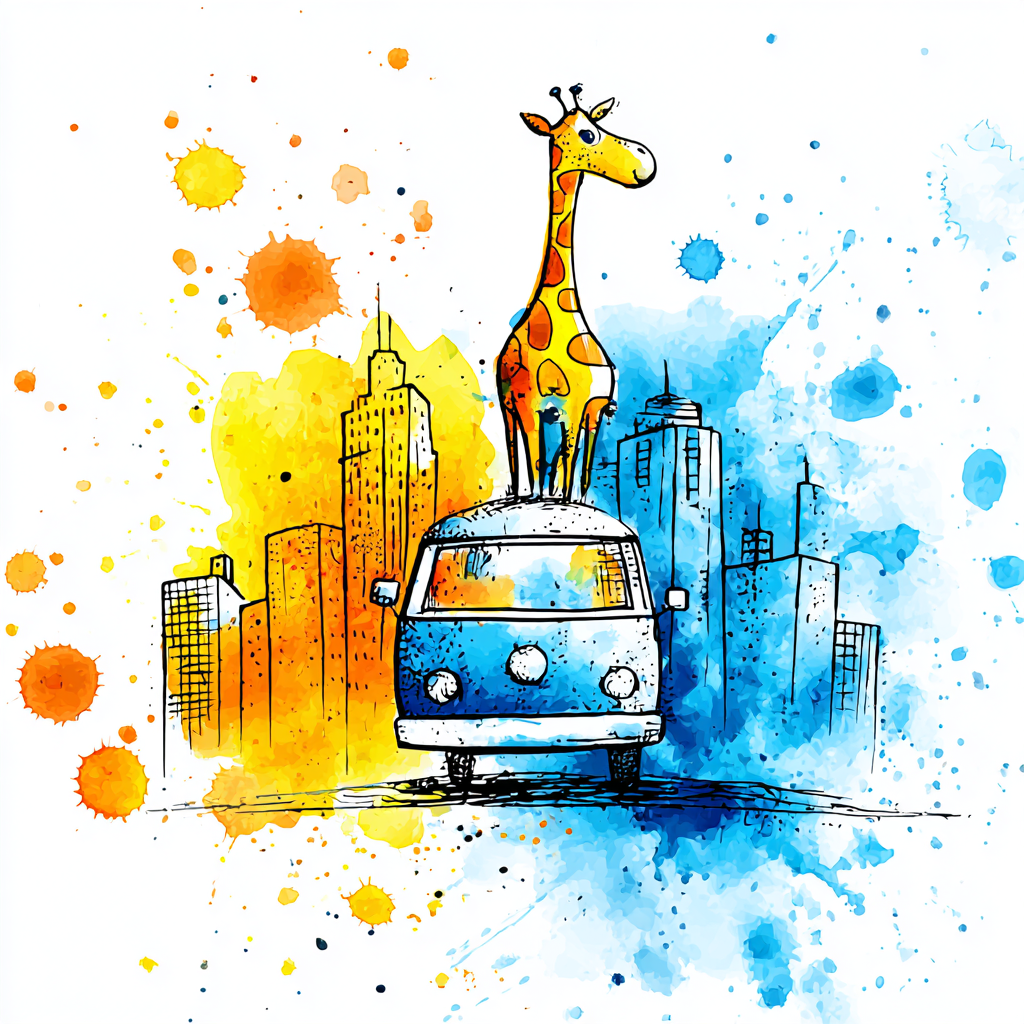
Quiet Passenger and the Courage to Jump
“I spend nights stitching up the loose threads of my soul. In the morning I’m bulletproof.” – Noah Kahan
That lyric perfectly describes life with chronic illness—and life when you know you need a change. For too long, I’ve listened to the soft voice of fear telling me to stay safe and comfortable, even if it meant being miserable.
Now, I’m finding the courage to face what can’t be changed, and change what I can. It’s scary, but staying stuck is scarier.
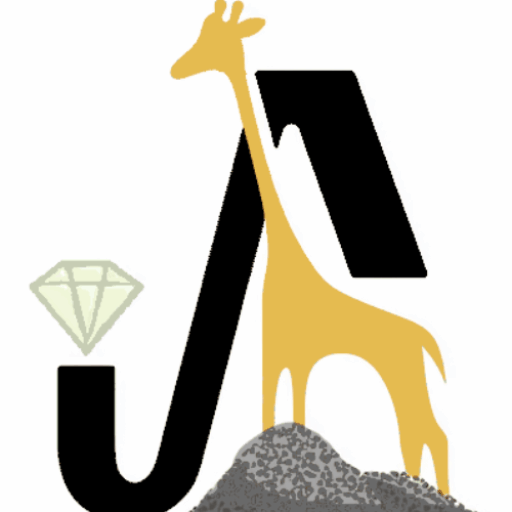



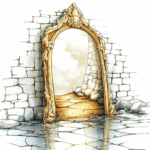
You are so loved by everyone who surrounds you. Thank you for sharing your daily struggles and triumphs. You are an amazing person and I am so honored to know you❤️